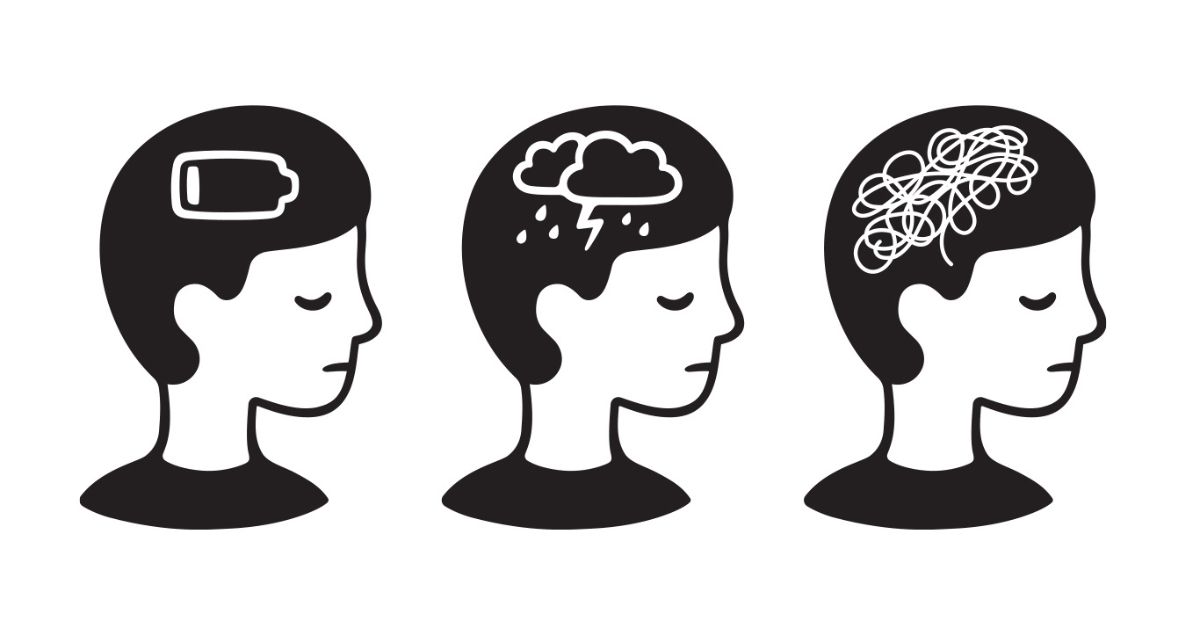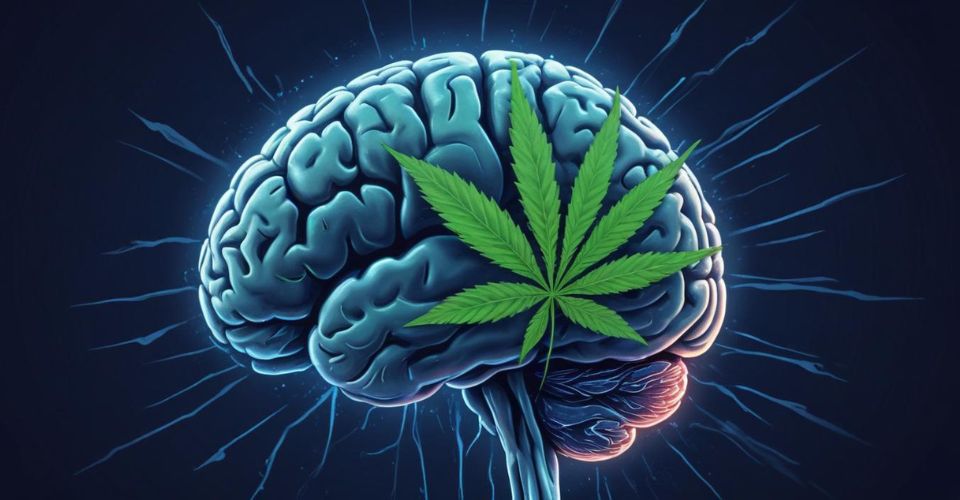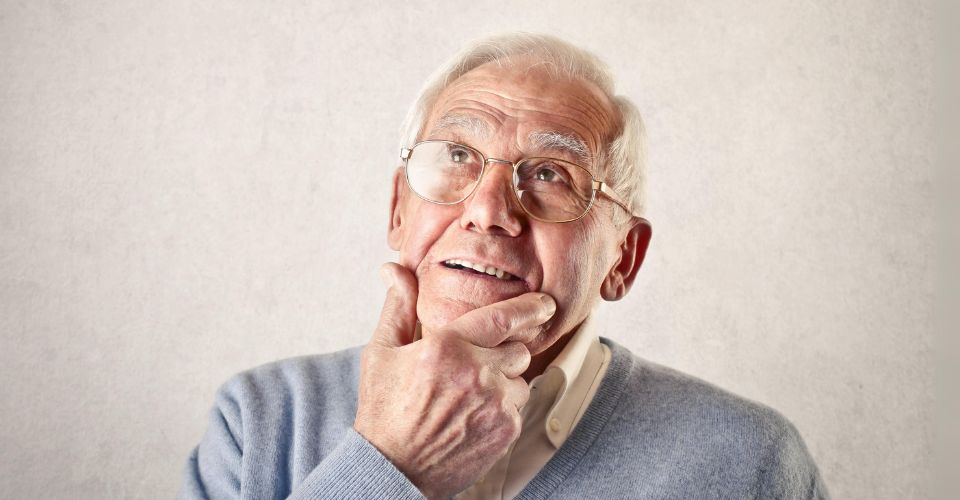Over the past two decades, social media has transformed the way we connect and communicate. However, as concerns mount about its potential impact on youth mental health, the digital realm may be at a crossroads confronting the tobacco moment.
Experts are now scrutinizing whether excessive social media use could have adverse effects on the well-being of young individuals. In the midst of what’s being termed a “youth mental health crisis,” some are drawing parallels between social media and the tobacco industry’s historic reckoning.
In this report, we delve into the evolving landscape of social media and its implications for youth mental health.
The Surgeon General’s Perspective On Social Media And Tobacco Moment
The Surgeon General, Vivek Murthy, has raised a red flag on the relationship between social media and youth mental health.
In a recent advisory, he described it as a potential public health crisis. Murthy highlights the concerns surrounding children’s relentless exposure to social media and suggests that they have become unwitting participants in a long-running experiment.
While acknowledging that more research is required to fully understand the impact of social media on youth mental health, Murthy emphasizes the urgency of taking action to safeguard children.
He calls for proactive measures to protect our youth from potential harm caused by excessive social media use.
Many experts in the field stress that research into the effects of social media on mental health is intricate and multifaceted.
They point out that while there may be adverse consequences, social media also offers certain benefits. The ongoing debate underscores the need for nuanced and comprehensive investigations to inform policies and guidelines.
Some experts contend that social media has its merits, including facilitating connection, communication, and access to information. However, they acknowledge that gaps exist in our understanding of its mental health impacts.
These gaps, they argue, should be addressed with greater transparency and cooperation from social media companies.
Representatives from Meta, the parent company of social media giants Facebook and Instagram, view mental health as a complex issue influenced by various factors.
They point to contributing elements such as limited healthcare access, the COVID-19 pandemic, and academic pressures. This perspective underscores the intricate web of influences on mental health, in which social media is just one thread.
Youth mental health is a multifaceted issue influenced by a range of factors. It is essential to consider the broader context, including societal, educational, and healthcare elements when examining the role of social media. Experts argue that while social media may play a part, it is only one piece of a complex puzzle.
As concerns about youth mental health continue to rise, the relationship between social media and well-being remains a subject of intense scrutiny. The Surgeon General’s advisory underscores the need for vigilance and protective measures.
However, experts emphasize the need for balanced and evidence-based assessments that consider both the potential harms and benefits of social media.
In this evolving landscape, a comprehensive and nuanced understanding is essential to navigate the intricate interplay between digital platforms and youth mental health effectively.




























